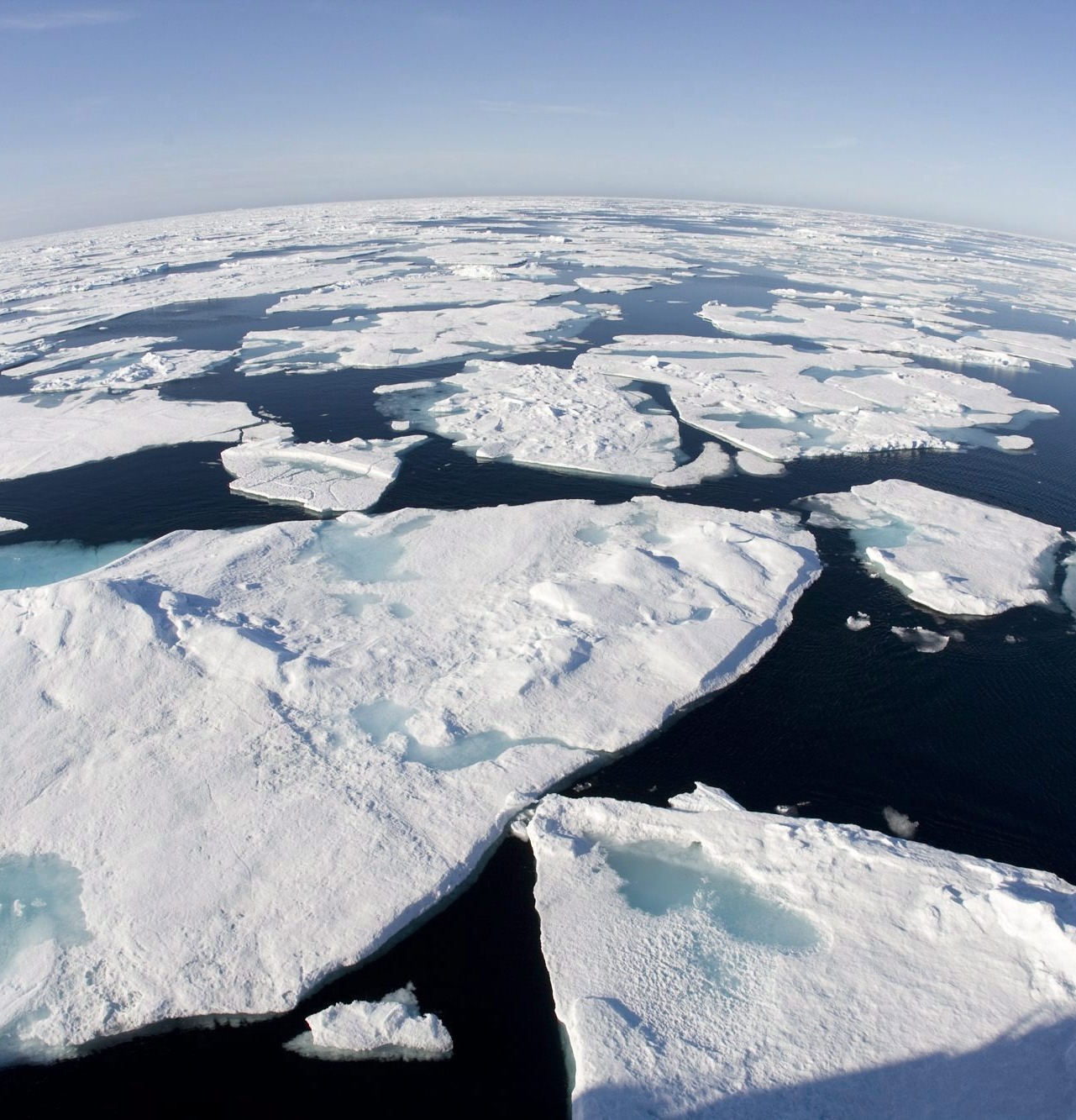Global warming study shows man-made heat increases in oceans
The amount of man-made heat energy absorbed by the seas has doubled since 1997, a new study shows. Scientists have long known that more than 90 per cent of the heat energy from man-made global warming goes into the world’s oceans instead of the ground. And they’ve seen ocean heat content rise in recent years. But the new study tracked how much man-made heat has been buried in the oceans in the past 150 years. The world’s oceans absorbed approximately 150 zettajoules of energy from 1865 to 1997, and then absorbed about another 150 in the next 18 years, according to a study published Monday in the journal Nature Climate Change.
The changes we’re talking about, they are really, really big numbers. They are nonhuman numbers.
Study co-author Paul Durack, an oceanographer at the Lawrence Livermore National Lab
But the study’s authors and outside experts say it’s not the raw numbers that bother them. It’s how fast those numbers are increasing. When oceans absorb all that heat it keeps the surface from getting even warmer from the heat-trapping gases spewed by the burning of coal, oil and gas, the scientists said. The warmer the oceans get, the less heat they can absorb and the more heat stays in the air and on land surface.

Science global warming